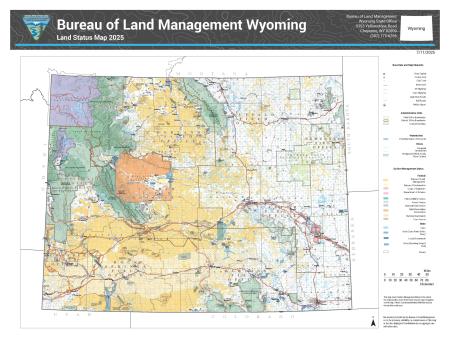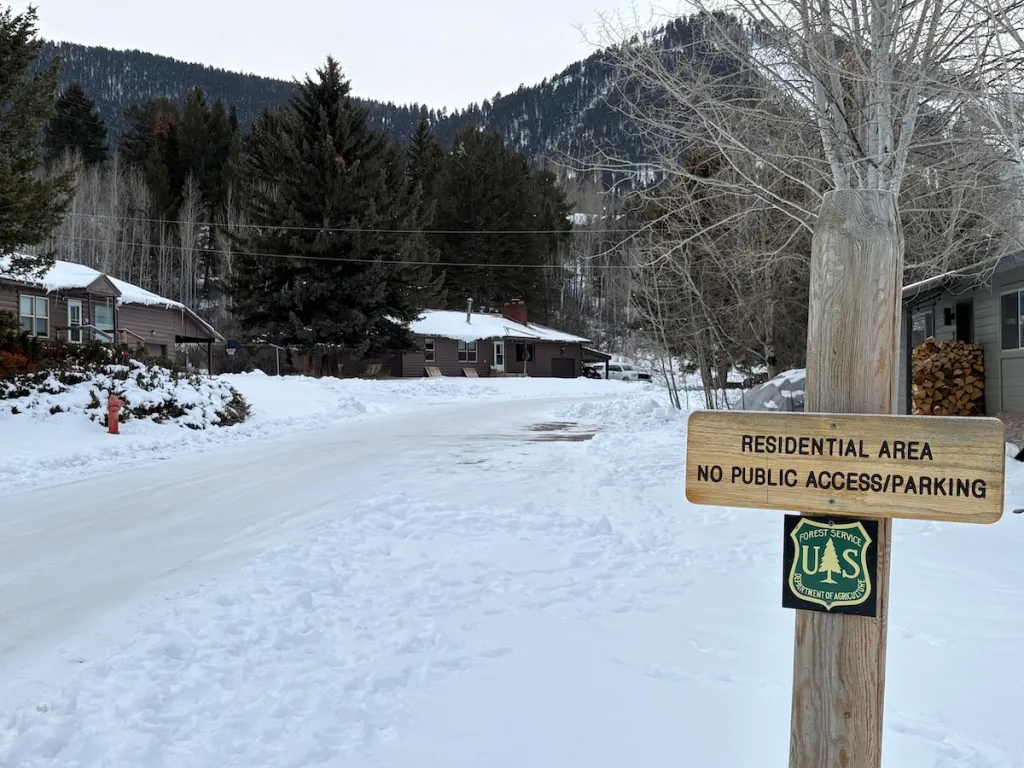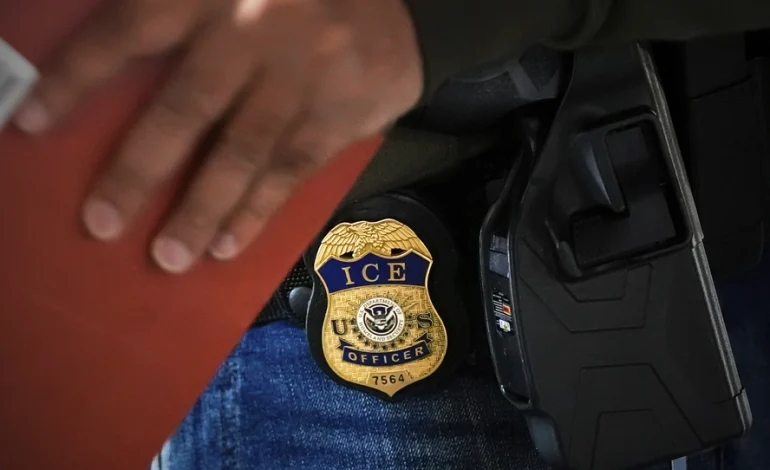A controversial new Wyoming law is stirring up confusion — and concern — across the state, especially among law enforcement, Casper Star-Tribune reports.
The law essentially asks local officers to start acting like federal immigration agents, and some agencies are worried it might land them in court.
The Laramie County Sheriff’s Office — one of the largest in the state — is already telling its deputies to tread lightly. Why? Because trying to enforce this law could violate people’s constitutional rights, according to county attorneys who reviewed the measure.
“The last thing anyone wants is expensive, time-consuming, and potentially embarrassing litigation over these new laws,” reads internal guidance from the department, obtained by WyoFile.
The law targets people driving in Wyoming with driver’s licenses issued to undocumented immigrants by other states. Several states — including Colorado, just across the border — allow undocumented residents to get licenses to ensure they pass a driving test, carry insurance, and understand the rules of the road.
Wyoming’s new law says: not here. Those licenses are now invalid in the state, and drivers can face fines or even jail time for using them.
The law was passed by the Wyoming Legislature this year and allowed to take effect by Gov. Mark Gordon — though he didn’t sign it. In a letter, Gordon said he had “serious concerns” about making local officers lead the charge on immigration enforcement, but he also suspected his veto would’ve been overridden.
Here’s the problem: Local cops aren’t trained — or authorized — to enforce immigration law. And figuring out whether someone is in the country legally isn’t as easy as checking a driver’s license.
Take Laramie County, for example. The new law suggests that officers should challenge drivers with licenses from states like Connecticut or Delaware, which mark those licenses clearly as “not valid for federal ID” or “issued to non-citizens.” But other states, including Colorado, use different wording or don’t make legal status clear at all.
And even if a license says someone isn’t a citizen, that doesn’t mean they’re here illegally — they could have a valid visa, green card, or asylum status.
“Deputies would need to be familiar with dozens of immigration documents and know what’s legit and what’s not — and that’s just not realistic,” said Laramie County Chief Deputy Aaron Veldheer.
The real fear is this: If an officer pulls someone over and spends too long trying to figure out their immigration status — without clear cause — that could turn into an unconstitutional detention. That opens up departments to lawsuits and major civil rights complaints.
Instead, Laramie County is taking a cautious approach. They’ll only consider enforcement in cases involving licenses from Connecticut and Delaware — the two states with clearest immigration markings.
Other departments are waiting to see how this shakes out. In Teton County, Sheriff Matt Carr initially said his office was waiting on guidance from the Wyoming Department of Transportation. But WYDOT later said they’re not issuing any. Now, Carr says his deputies will follow the Wyoming Highway Patrol’s lead.
Col. Tim Cameron of the Wyoming Highway Patrol says his troopers are told not to stop someone just because of their immigration status. Traffic stops must be based on an actual violation, like speeding or a broken tail light.
If a trooper happens to see a driver’s license that shows the person isn’t a US citizen, they’ll ask for additional documentation to prove legal presence — a process that’s still messy and unclear. Laramie County deputies, meanwhile, have been told not to do that at all unless they’re trained through ICE.
Speaking of ICE, Laramie County is one of five counties in Wyoming that have formal agreements with the federal agency. That means some deputies — particularly jail staff — are already helping process and hold people for potential deportation.
Laramie, Sweetwater, and Natrona counties have the broadest agreements, known as the “task force” model, which allows deputies to question people about their immigration status during regular patrols — not just inside jails.
Still, only a small number of deputies in each county are trained through ICE’s program. The vast majority of local law enforcement officers are not authorized to enforce immigration law — which is exactly why this new driver’s license law is making so many departments uneasy.
Rosie Read, an immigration attorney in Jackson and director of the Wyoming Immigrant Advocacy Project, didn’t mince words.
“This is probably the most restrictive anti-immigrant law in the country,” she said, adding that she expects it to be challenged in court for constitutional violations.
Until then, she’s warning clients — especially undocumented drivers — to avoid getting pulled over at all costs.
“Fix your tail lights, make sure your tags are current, don’t give anyone a reason to stop you,” she said. “Because right now, the outcome of that stop is a roll of the dice.”
Even though the law just took effect, the chill is already setting in. The Mexican Consulate in Denver issued a warning on social media advising its citizens to avoid driving in Wyoming if they hold a license for undocumented immigrants. The message: take a bus, a train, or don’t go at all.
In Teton County, Sheriff Carr says his jail will now honor ICE detainer requests, holding individuals for up to 48 hours if federal agents ask — a shift that followed pressure from Rep. Harriet Hageman and other Republicans.
Still, many of those arrested by ICE in Wyoming have no criminal record, a joint investigation by WyoFile and The Colorado Sun recently found. They may have pending charges, but many are detained for civil immigration violations — not crimes.










The latest news in your social feeds
Subscribe to our social media platforms to stay tuned